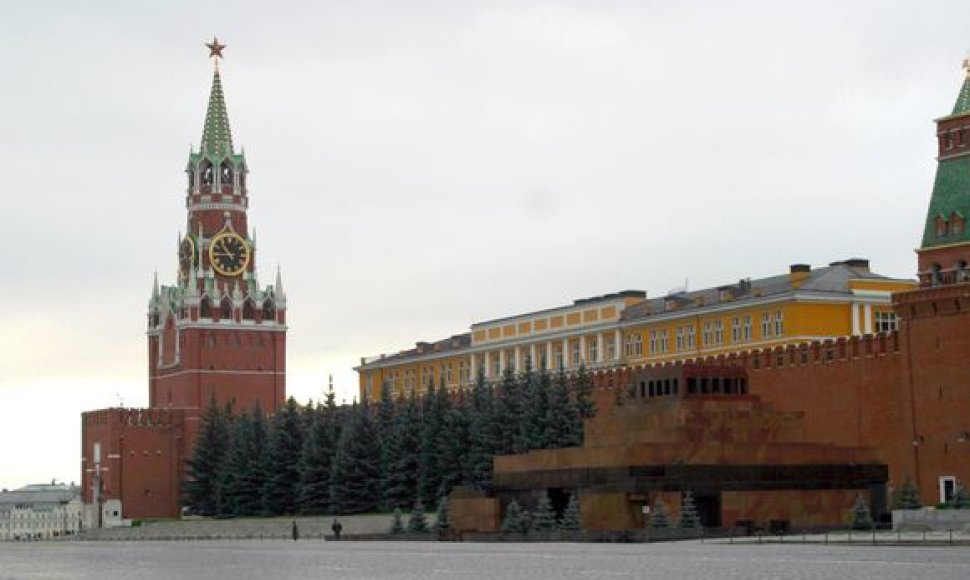In their words, the project jeopardizes the European Union's (EU) Eastern Partnership.
"The Eurasian Customs Union is probably the first serious step in the integration of countries of the CIS. The countries participating in the Customs Union are committed to a common external trade policy. Powers are delegated to the Eurasian economic commission to decide on foreign trade matters," Professor Ramūnas Vilpišauskas, director of Vilnius University's International Relations and Political Science Institute, said at parliament on Friday.
He is one of the authors of a study titled The Eurasian Union: Challenge to the European Union and Countries of Eastern Partnership. The study was presented on Friday to officials of the Foreign Ministry, experts, parliamentarians, and ambassadors of EU and NATO member-states residing in Vilnius.
Vilpišauskas said that Russia was clearly dominant in the union.
"Russia will be the true author of decisions. It is the rules that exist in Russia that will facilitate further harmonization. That is how the customs unification took place. Customs in effect in Russia were transferred to Kazakhstan and Belarus," he added.
Another co-author of the study, Laurynas Kasčiūnas, also said that there had been various initiatives over the 20 years since the collapse of the Soviet Union to reintegrate the area, but all of them failed. Meanwhile, the Eurasian Customs Union is "a project of somewhat new quality."
"We see that the Eurasian Customs Union could have a massive effect upon the EU Eastern Partnership. Imagine Ukraine and Moldova joining the customs Union. This would badly affect one of the cores of Eastern Partnership – economic integration," Kasčiūnas said.
In his words, Ukraine's membership in the customs union would virtually render its talks on EU free trade and association meaningless.












